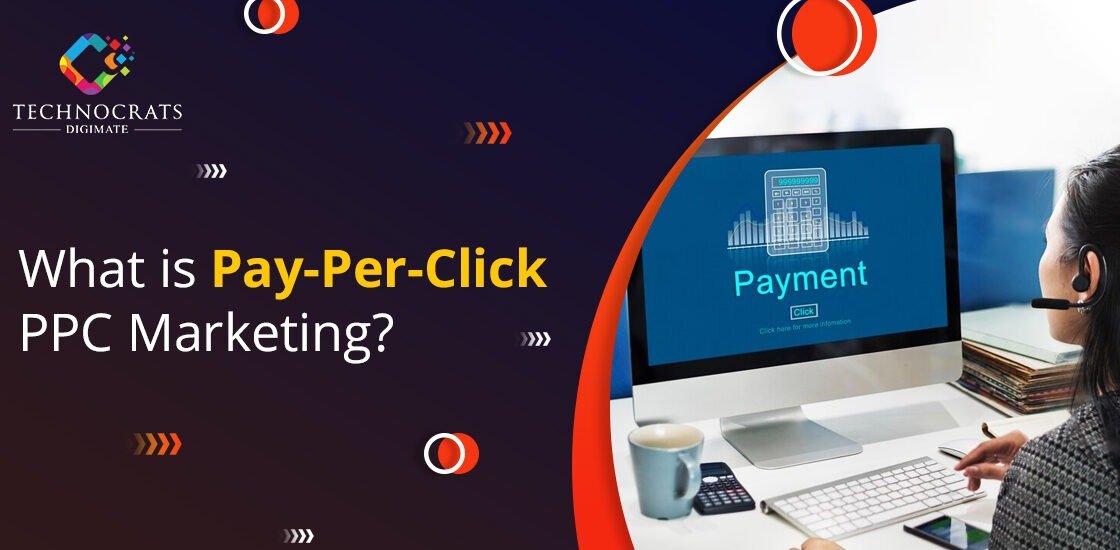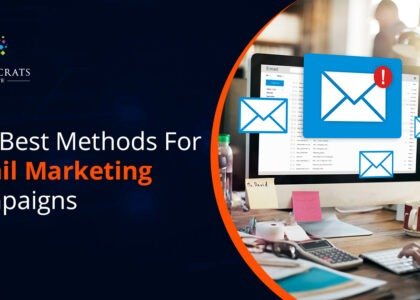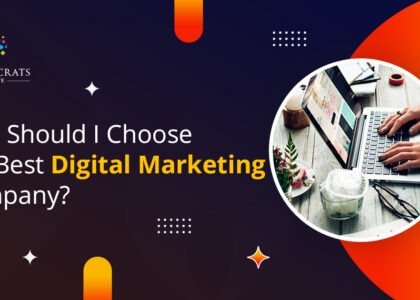In the ever-evolving landscape of digital marketing, (PPC) Pay-Per-Click marketing has emerged as a powerful tool for businesses to drive targeted traffic, increase brand visibility, and maximize their return on investment. In this comprehensive guide, we’ll reveal the complexities of PPC marketing, offering insights into its core principles, benefits, and how partnering with a Pay-Per-Click agency can supercharge your campaigns.
Understanding Pay-Per-Click Marketing
Pay-per-click marketing, often abbreviated as PPC, is a form of online advertising where advertisers pay a fee each time their ad is clicked. It’s a model that allows businesses to buy visits to their websites rather than earning those visits organically. This method is particularly advantageous because it offers a way to jumpstart your online presence, even if you’re just starting in the digital realm.
How Does PPC Work?
PPC campaigns revolve around the bidding system, where advertisers bid on specific keywords relevant to their target audience. When users conduct online searches using those keywords, the search engine displays the sponsored ads. The position of these ads is determined through an auction-like process that considers the bid amount, ad quality, and ad relevance.
The Role of Keywords in PPC Marketing
Keywords are the foundation of PPC campaigns. They are the search terms or phrases that users input into search engines. Successful PPC campaigns begin with in-depth keyword research to identify the most relevant and high-impact keywords for your business. A Pay-Per-Click agency can assist in discovering the keywords that will yield the best results for your industry.
Benefits of PPC Marketing
1. Immediate Visibility
One of the primary advantages of PPC marketing is its ability to provide instant visibility. Once your campaign is set up, your ads can start appearing in search results within hours. This is particularly valuable for new businesses aiming to establish their online presence quickly.
2. Targeted Advertising
PPC allows you to target your ads with precision. You can specify the geographical locations, demographics, and even the time of day your ads should appear. This level of customization ensures that your ad is seen by your ideal audience.
3. Measurable Results
PPC platforms provide extensive data and analytics that help you measure the effectiveness of your campaigns. You can track metrics such as click-through rate (CTR), conversion rate, and return on ad spend (ROAS) in real time, allowing for continuous optimization.
4. Cost Control
With PPC, you have control over your budget. You set a daily or monthly budget, and you won’t exceed it. This makes PPC a cost-effective advertising method that can be adjusted as needed.
Pay-Per-Click Agency: Your Strategic Partner
Partnering with a Pay-Per-Click agency can make a significant difference in the success of your PPC campaigns. These agencies are experts in the field, and their specialized knowledge can help you navigate the complexities of PPC marketing efficiently.
Ad Copywriting
Creating compelling ad copy is crucial for attracting clicks. Pay-per-click agencies have copywriting experts who craft ad content that not only grabs attention but also encourages conversions.
Campaign Management
PPC campaigns require continuous monitoring and optimization. A PPC agency will monitor your campaigns, making adjustments to improve performance, lower costs, and increase your ROI.
Conversion Tracking
Understanding which clicks lead to actual conversions is vital. A PPC agency can set up conversion tracking, allowing you to measure the impact of your campaigns on your bottom line.
Common PPC Platforms
PPC marketing is widely practiced on popular platforms such as Google Ads and Bing Ads. Let’s delve into the specifics of each:
1. Google Ads
Google Ads is the most widely used PPC platform, allowing your ads to appear in Google’s search results, partner websites, and YouTube. With Google Ads, you can target a global or local audience and tailor your campaign to reach your ideal customers.
2. Bing Ads
Bing Ads offers another avenue for PPC advertising, particularly if your target audience is more inclined to use the Bing search engine. It has a smaller but still substantial reach and can be a cost-effective alternative to Google Ads.
Measuring PPC Success
To gauge the effectiveness of your PPC campaigns, you’ll want to pay attention to key performance indicators (KPIs) such as:
1. Click-Through Rate (CTR): The ratio of users who click on your ad to the number of total users who view it. A higher CTR indicates a more compelling ad.
2. Conversion Rate: The percentage of users who take the desired action, such as making a purchase or signing up for a newsletter. A higher conversion rate signifies a more effective ad.
3. Quality Score: A metric used by platforms like Google Ads to measure the relevance and quality of your ads and keywords. Higher-quality ads can lead to lower costs per click.
4. Return on Investment (ROI): The ultimate measure of success in PPC marketing. It calculates the profit generated from your ad spend.
Conclusion
PPC marketing is a potent tool that can give your business an edge. It offers targeted visibility, cost control, and measurable results. When leveraged effectively, PPC can accelerate your online growth. Partnering with a Pay-Per-Click agency can amplify the benefits, ensuring your campaigns are expertly managed and optimized for success. So, are you ready to make the most of PPC marketing and reach new heights in the digital world? Get started today!
Contact Us
Have a Question?
Speak to an Expert

Gautam Punj
CPO (Chief Planning Officer)







